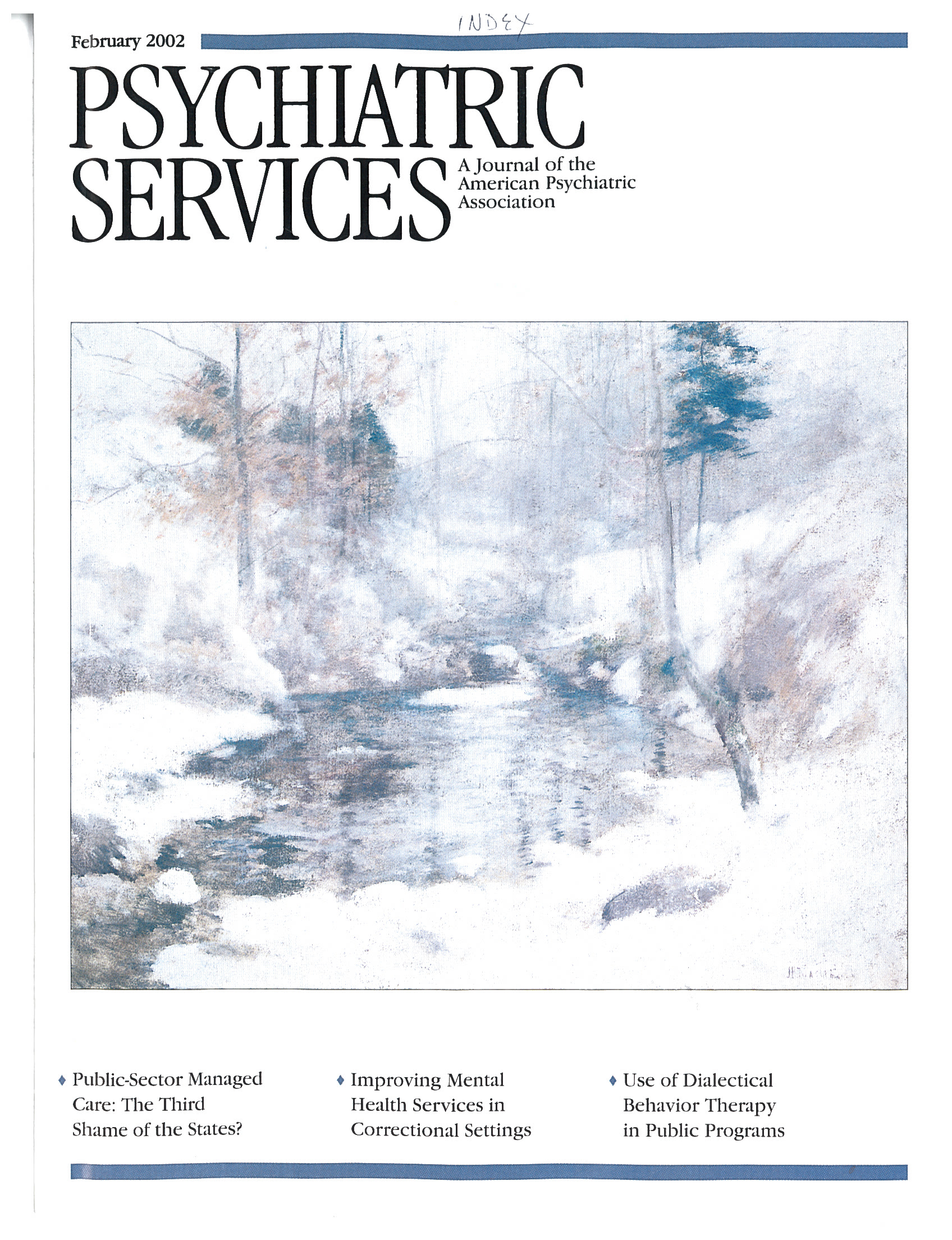Rational and Irrational Polypharmacy
In Reply: We thank Dr. Fleishman for his comments about our recent article on rational and irrational polypharmacy and appreciate the opportunity to further clarify points we attempted to address in that article. As Dr. Fleishman noted, many patients fail to show an adequate response to a single antipsychotic, even when they receive the optimal dosage, which can set the occasion for using two antipsychotics together. However, in our experience, many patients who are taking two antipsychotics have never been given a trial of clozapine, which appears to have superior efficacy to that of all other antipsychotics.
Further, there is no controlled research on such combinations, only case reports. Therefore, as we stated in our article, we view such combination trials as necessary but experimental. Objective criteria should be used to monitor whether the patient improves, and one of the medications should be discontinued if the patient shows no improvement after an adequate trial—from six to eight weeks. We have also observed many patients on combinations of antipsychotic medications who showed no evidence of improvement according to the chart, the physician, the patient, or the family. We continue to regard this as irrational polypharmacy.



